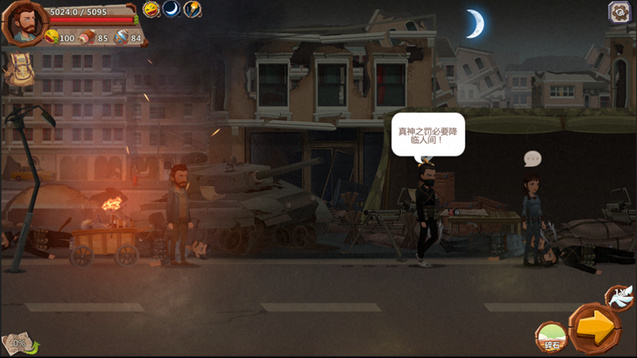HomeBehind is the First Refugee Themed Video Game
HomeBehind could mark the beginning of the video game industry's involvement in challenging the negative stereotypes surrounding refugees.


HomeBehind could mark the beginning of the video game industry's involvement in challenging the negative stereotypes surrounding refugees.
According the UN High Commission, the number of refugees worldwide is at its highest point for twenty years. This modern day Middle Eastern diaspora shows no signs of abating, and while the responses from European countries accommodating them range from contempt to tolerance, initiatives from IKEA, mobile network Three and students from the RCA show that the general will of the people is to offer help.
In addition to this, non-state actors such as Ai Weiwei and Benedict Cumberbatch are attempting to raise awareness of the worldwide concern. The former turned his Instagram into a stream of videos and images from the ‘no man’s land’ of the Jordanian border, while Cumberbatch appealed for donations at the end of his Hamlet performance.

Although at first glance HomeBehind’s message may appear clumsy and slightly reductive, (and cynics may accuse it of trivialisation), the intent is there. It lays the foundations for later iterations to succeed in building on the theme. Encouraging video game enthusiasts to confront the refugee crisis in an immersive format may broaden perspectives and reverse negative perceptions of refugees.



Discussion